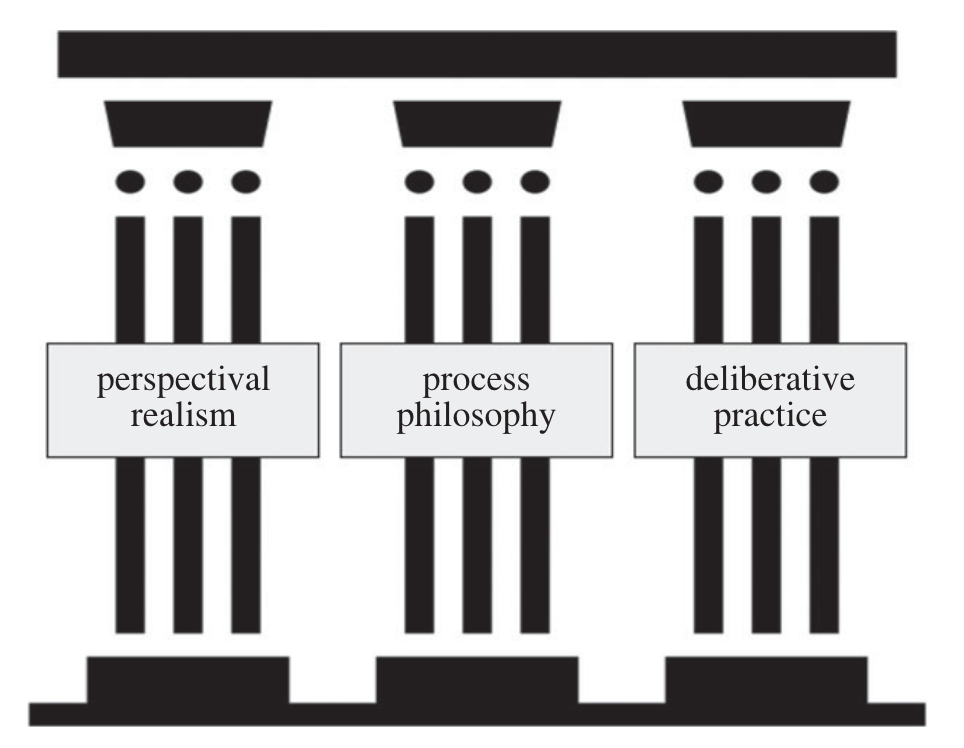In this new paper published in the Royal Society Open Science, we introduce an epistemological framework for citizen science that values diversity in the discovery process and is built on three philosophical foundations: perspectival realism, a naturalistic process-based epistemology, and deliberative social practices. These foundations shift the focus from immediate outcomes to the cognitive and social processes that foster sustainable scientific innovation and productivity, advocating for an ecological approach to scientific research and assessment.
Month: November 2023
Introducing iGEM: a model system for team science and innovation

This new preprint is the result of a collaboration initiated during my postdoctoral stay at the Barabasi lab in Boston, which I continued at the LPI as an affiliated professor. In this project, we introduce the synthetic biology competition iGEM as a model system for the Science of Science and Innovation, enabling large-scale “laboratory ethnography.” We present the collection and analysis of laboratory notebooks data from 3,000 teams, which we deposited on the open archive Zenodo. We highlight the organizational characteristics (intra- and inter-team collaboration networks) of teams related to learning and success in the competition. In particular, we emphasize how teams overcome coordination costs as they grow in size, as well as the crystallization of the inter-team collaboration network over time, limiting access to relational capital for peripheral teams. This work is currently funded by an ANR JCJC grant to collect field data and build network models of collaborations and performance.

